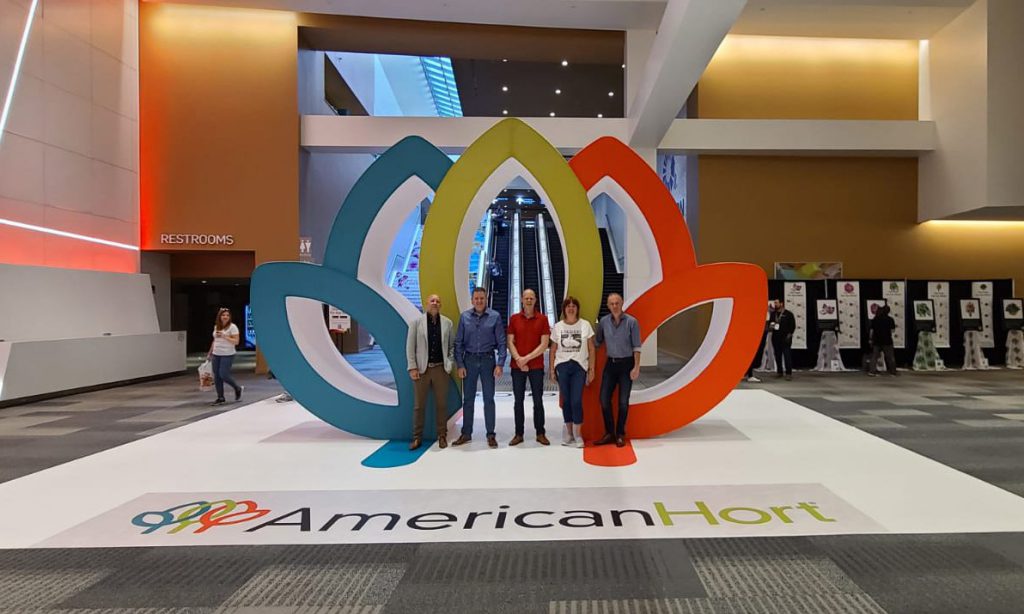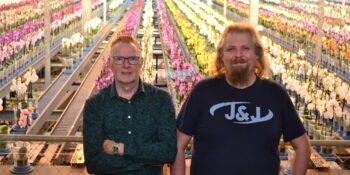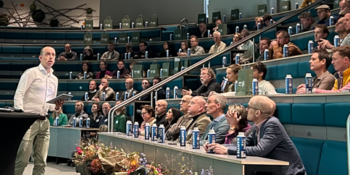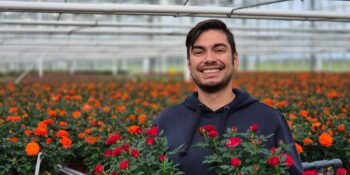MPS, together with the Floriculture Sustainability Initiative (FSI), organised a knowledge session during AmericanHort’s Cultivate ’21, which took place the last few days. The session was about global developments with regard to sustainability in floriculture.

For example, it was discussed where the bottlenecks are in making floricultural products more sustainable. These bottlenecks are mainly due to the fact that there is little transparency throughout the chain, that there is less knowledge in some parts of the chain and the social challenges such as low wages. Solutions for this are creating a joint agenda, joining forces, increasing knowledge and clear communication throughout the chain.
Clear communication and therefore transparency are particularly important in the next steps. This can be done through guaranteed environmental record-keeping. In this way, there will be more discussion between all parties and the environmental impact will be reduced. This makes it clear what the various links in the chain use and they can also be held responsible for this.
Ultimately, it is FSI’s ambition that 90 percent of floricultural products are produced and traded sustainably. In addition, efforts are being made to reduce the ‘carbon footprint’. The ‘horti footprint’ should contribute to this. This footprint is based on the European PEF method, which determines the rules for calculating the environmental footprint of horticultural products.
Remco Jansen (Commercial Manager MPS), who gave the presentation on behalf of MPS: “We are now seeing a shift in the playing field: consumers expect transparent information about their floricultural products and sustainability is high on the agenda worldwide. MPS and FSI are accelerating the sustainability of the global floriculture sector by, among other things, offering transparency”.



